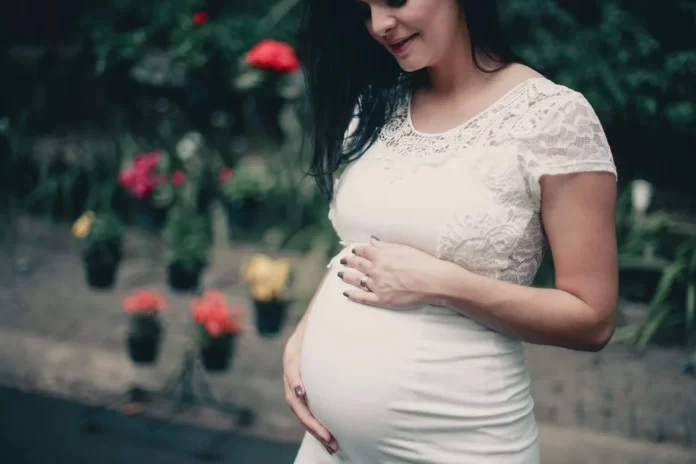It is often very difficult to deal with the loss of a child through a miscarriage. A miscarriage can occur due to many reasons, which may not be your fault, and therefore it is important that you find a way to move forward. Professionals at the Center for Reproductive Medicine offer effective tips on miscarriage Celebration to help you have a healthy and successful pregnancy after a miscarriage.
Table of Contents
What should you know about a miscarriage?
Miscarriage occurs when you lose your baby in the first trimester of a pregnancy, usually within 13 weeks. It is common to have a miscarriage and experience a loss of pregnancy, and on average, 10% of pregnancies end up in miscarriages.
There are several causes of a miscarriage; one known common cause of a miscarriage is an abnormal number of chromosomes. This specific abnormality may cause a baby to stop growing in your uterus, thus causing a miscarriage. Additionally, certain genes may miss and therefore hinder the further development of the fetus. Other causes may include:
- Certain illnesses like diabetes increase the chances of one having a miscarriage.
- Major injuries
- Abnormalities in the uterus.
There are myths surrounding miscarriages, such as exercises can cause a miscarriage. You may need to take precautions not to injure yourself, but regular exercise is healthy during pregnancy.
What are the signs of a miscarriage?
The first sign that you may be experiencing a miscarriage is vaginal bleeding, which may vary in color from brown spotting to very heavy bleeding. You may think of it as having your period if you are in the early stages of pregnancy. Other signs include:
- Lower abdominal cramping
- Blood clots or tissues passing from your vagina
You must see your doctor immediately if you experience any of the signs above.
Can you prevent a miscarriage?
You may not be able to prevent a miscarriage in most cases, as it is possible not to know that you may be pregnant. Most factors that lead to a miscarriage are unavoidable, such as abnormalities in the chromosome or development problems. However, you can choose to have a healthy pregnancy to reduce the possible risk of experiencing an abortion by maintaining a healthy lifestyle, treating infections, taking folic acid, and maintaining a healthy weight. As you get older, the risk of pregnancy loss may also increase.
How soon can you have another baby after a miscarriage?
It is possible to have a successful pregnancy after a miscarriage. You may choose to get pregnant again almost immediately unless your doctor advises you to wait for medical reasons. You may also wish to allow yourself some time before you can conceive again to come to terms with the loss of your baby and grieve. You may choose to wait till you have your period, then work out your due date from when you became pregnant.
For more information on miscarriages, call the Center for Reproductive Medicine or request an appointment online today.
















